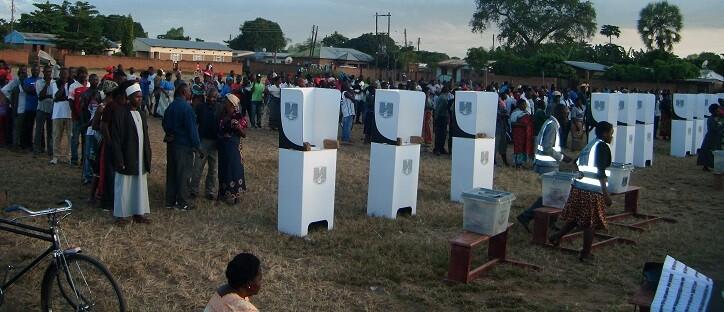By Burnett Munthali
Africa-Press – Malawi. Malawi goes to the polls this week under the weight of a question bigger than who wins: Can the country’s democracy deliver a process that its people believe in?
Public confidence in the Malawi Electoral Commission (MEC) has been tested repeatedly over the past two decades. From the “tippex election” of 2019 that was nullified by the Constitutional Court, to lingering disputes about transparency in voter registration and tallying, Malawians are entering the 2025 polls with cautious hope, but also deep suspicion.
The commission has worked hard to portray itself as ready, promising secure ballot delivery, timely result management, and open communication with stakeholders. Yet concerns persist, particularly around whether it has the capacity and independence to withstand political pressure.
One source of unease is the legal grey area surrounding Cabinet members contesting elections while still in office. The Attorney General has clarified that Malawi’s election laws are silent on the matter, meaning ministers could face the electorate without resigning their posts. Critics argue this creates an uneven playing field, allowing incumbents to wield state resources for political advantage.
Civil society organisations and opposition leaders have warned that this ambiguity could fuel disputes after results are announced, especially if margins are narrow. For a country that has already lived through one annulled election in 2020, the stakes are painfully high.
Ordinary Malawians are equally wary. For many, trust is no longer built on official pronouncements but on the lived experience of whether ballots are counted fairly, whether results match what they see at their polling stations, and whether losers accept the outcome without violence.
Chief Justice Rezine Mzikamanda has already directed the judiciary to prepare for potential post-election challenges, a sign that the courts could once again become the ultimate referees of Malawi’s democracy. But even the judiciary’s credibility is not immune from public scrutiny, as citizens question whether institutions can rise above partisanship in moments of crisis.
The promise of democracy lies not just in the right to vote but in the belief that the vote counts. For Malawi, still grappling with economic collapse, fuel shortages, and food insecurity, a disputed election would add yet another layer of instability to an already fragile state.
As Malawians line up at polling stations, they will carry not just their IDs and ballot papers, but also a heavy burden of expectation. The credibility of this election will determine whether democracy in Malawi remains a source of hope—or whether it slides deeper into disillusionment.
Source: Malawi 24
For More News And Analysis About Malawi Follow Africa-Press






